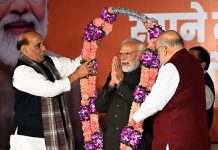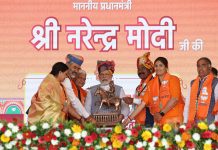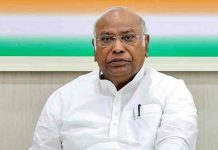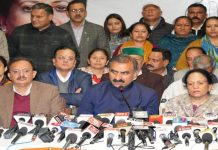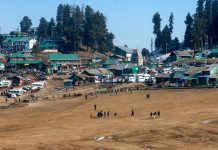I took that call after just two rings. “Your uncle Kalam Farooqui has passed away in Pakistan after being on the bed for about a year,” the voice at the other end conveyed before disconnecting the line. My heart sank. This was not the first time I had received such news. Many of my elders, who had decided to go to Pakistan during partition in 1947, have passed away there over a period of time. But we, at this side, have no option but to mourn their deaths from a distance. They too, on their part, do the same. We, in both countries, could not attend any of the marriages of our first cousins, now most of whom we don’t even know by their names.
Me or my family is not alone. The impact of 1947 partitioning, which led to 200,000-2,000,000 killings in the retributive genocide at that time, is still felt by hundreds of thousands of families who got split and are living across the borders since then. Even after almost 70 years, the wounds of the largest mass migration in human history are still fresh. According to UNHCR estimates, 14 million Hindus, Sikhs and Muslims were displaced during the partition.
India would probably have been a more prosperous and peaceful place had it not been divided in two parts. There would not have been any row over Kashmir. Huge security forces, deployed on both sides of the border, would have been used for more constructive purposes. Defence budget would have curtailed. The one-ness would have added more strength to our economy, culture and sports.
But a handful of takers of the ‘two-nation theory’, a British-created design to divide Indians based on religious grounds, continue to remain active on both sides of the border. Politicians too use it to achieve their own goals. While fires are regularly exchanged at the line of control, artistes from both sides are threatened to perform in the neighbouring country. These non-friendly elements even force their respective governments to review more than 65 years old water-sharing pact between India and Pakistan. They simply can’t share water with their neighbours. These admirers of partition even say that there is no possibility or use of reversing the decision taken in 1947.
Instead of highlighting negative developments, the peace-seekers in both India and Pakistan should be appreciated and promoted
No use arguing on their stance. Nothing suggesting reunification of the two countries is in sight, even though there are a handful of people and organizations working very hard to bring the two nations closer and end mutual disputes. There is no signs that the two will become one any time soon. But these efforts, if succeeded, would surely add to peace and harmony.
The best course of action would be to focus on developing our own countries and forget about altering borders. We both need to improve the standards of living and education. In this, we should help each other. After all, a prosperous and peaceful neighbourhood will help both of us focus more on progress and growth. The leaders of both the countries need to put in more efforts as mere lip services and wishing birthdays won’t help much. Stronger policies and initiatives are needed to come closer. I wish we could easily travel whenever we want to the neighbouring country. I would surely have booked the ticket of the next flight to Pakistan and attended my uncle’s funeral.
letters@tehelka.com



